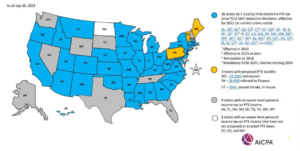by Jock Yellott
Affirmative action is unconstitutional, said the U .S. Supreme Court last June.
But we’ll keep doing it until somebody tells us not to, says Virginia’s Department of Transportation. In some quarters, it seems we’re seeing Massive Resistance to the Supreme Court’s ruling.
An especially absurd, and ongoing, affirmative action boondoggle called the Disadvantaged Business Enterprise program magnifies the cost of Virginia roadbuilding … and causes minority lay-offs. Yes: it’s hurting the minorities it is supposed to help.
Recently, a Charlottesville small business won a city contract to build a bike path. But the Virginia Department of Transportation told the City: deny them the contract. Not enough “good faith effort” to go find minority subcontractors, they opined.
Losing the contract means laying off the small business’s employees. Nearly half of whom are minorities. Continue reading

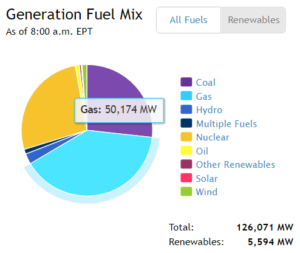
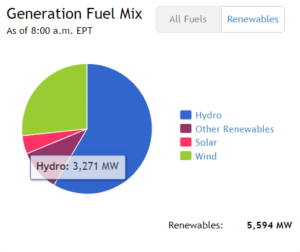


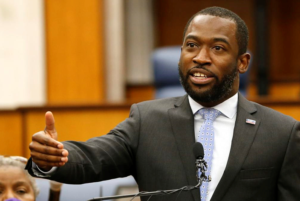




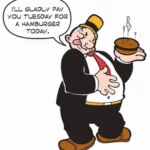
 by Jon Baliles
by Jon Baliles